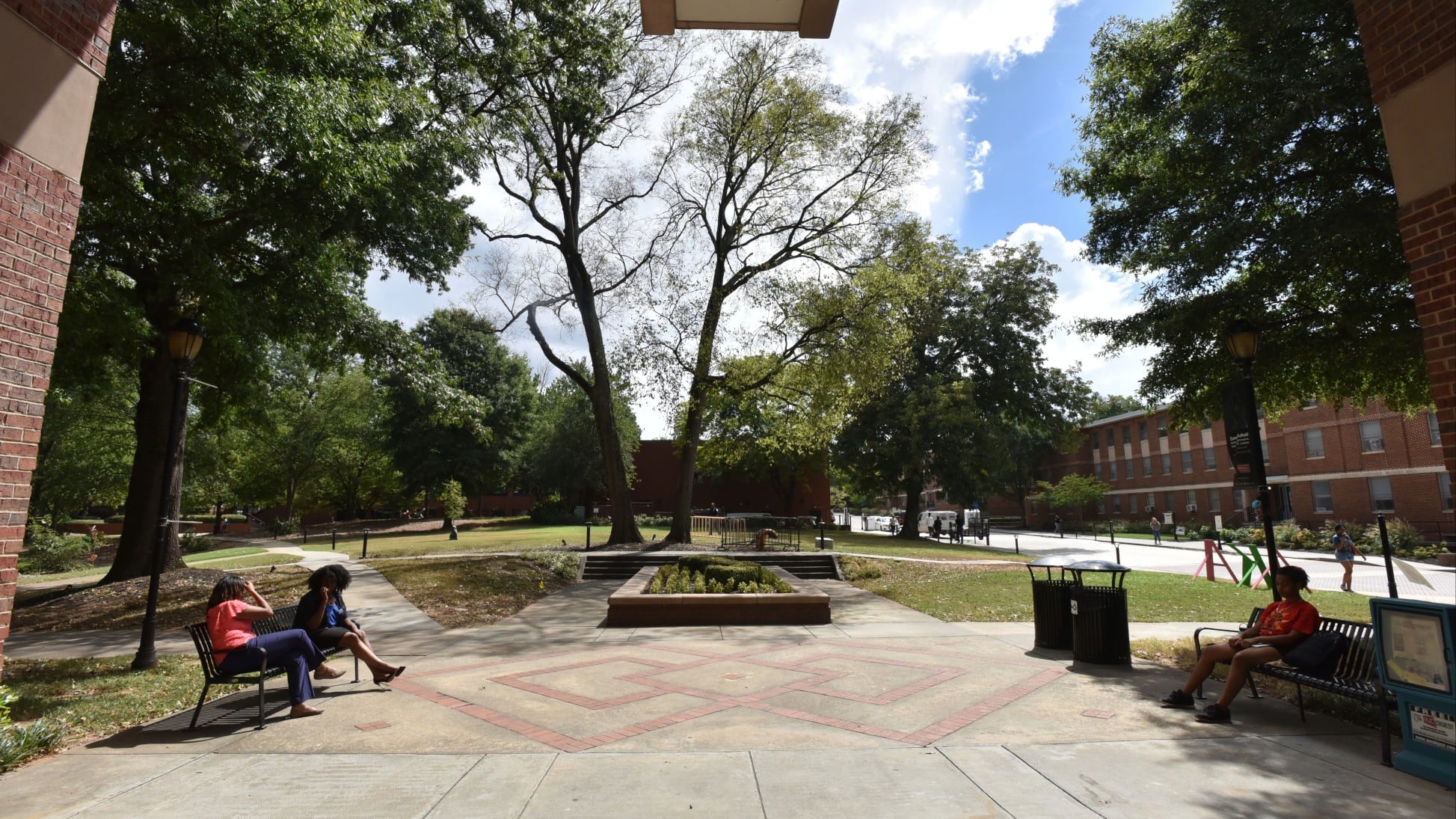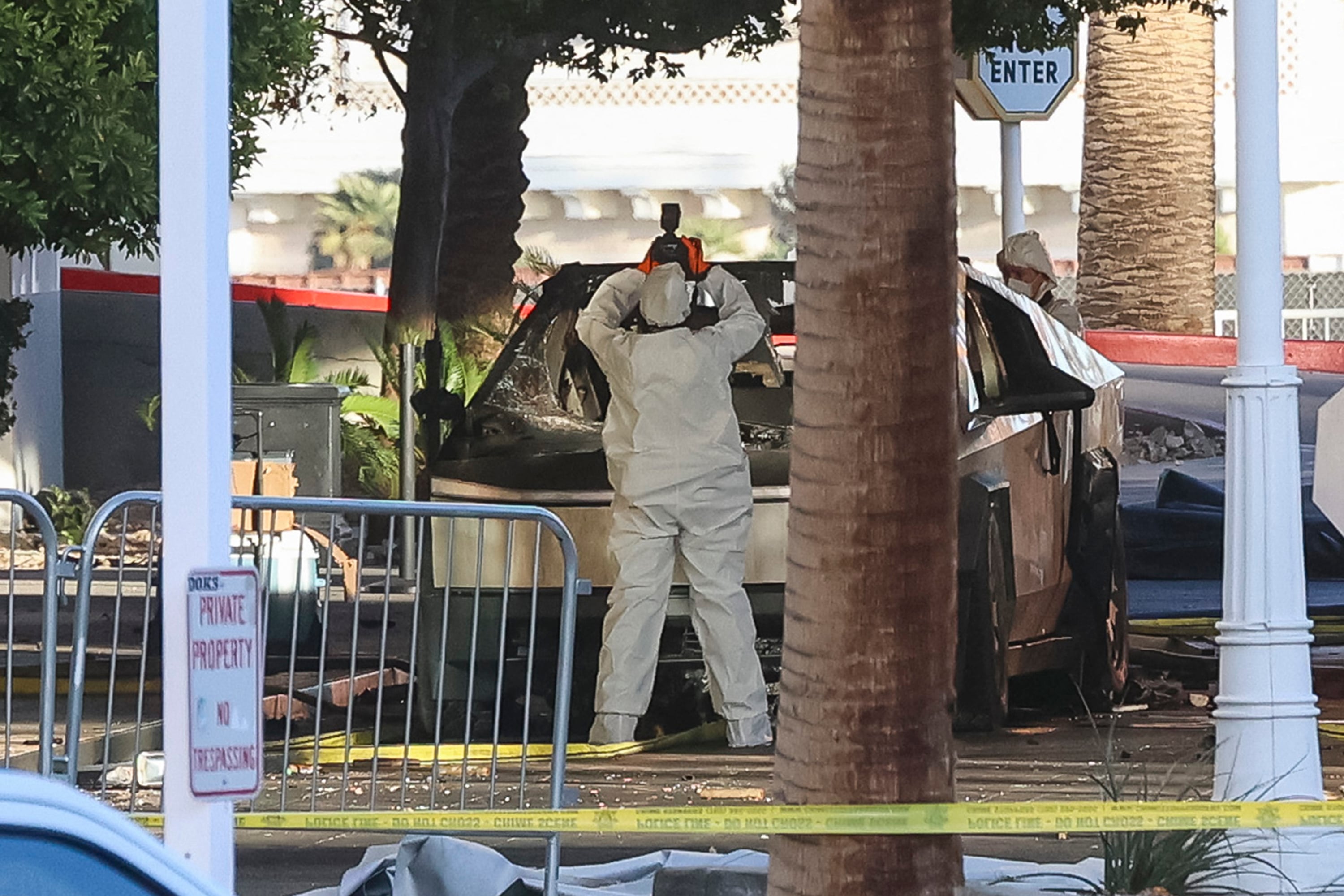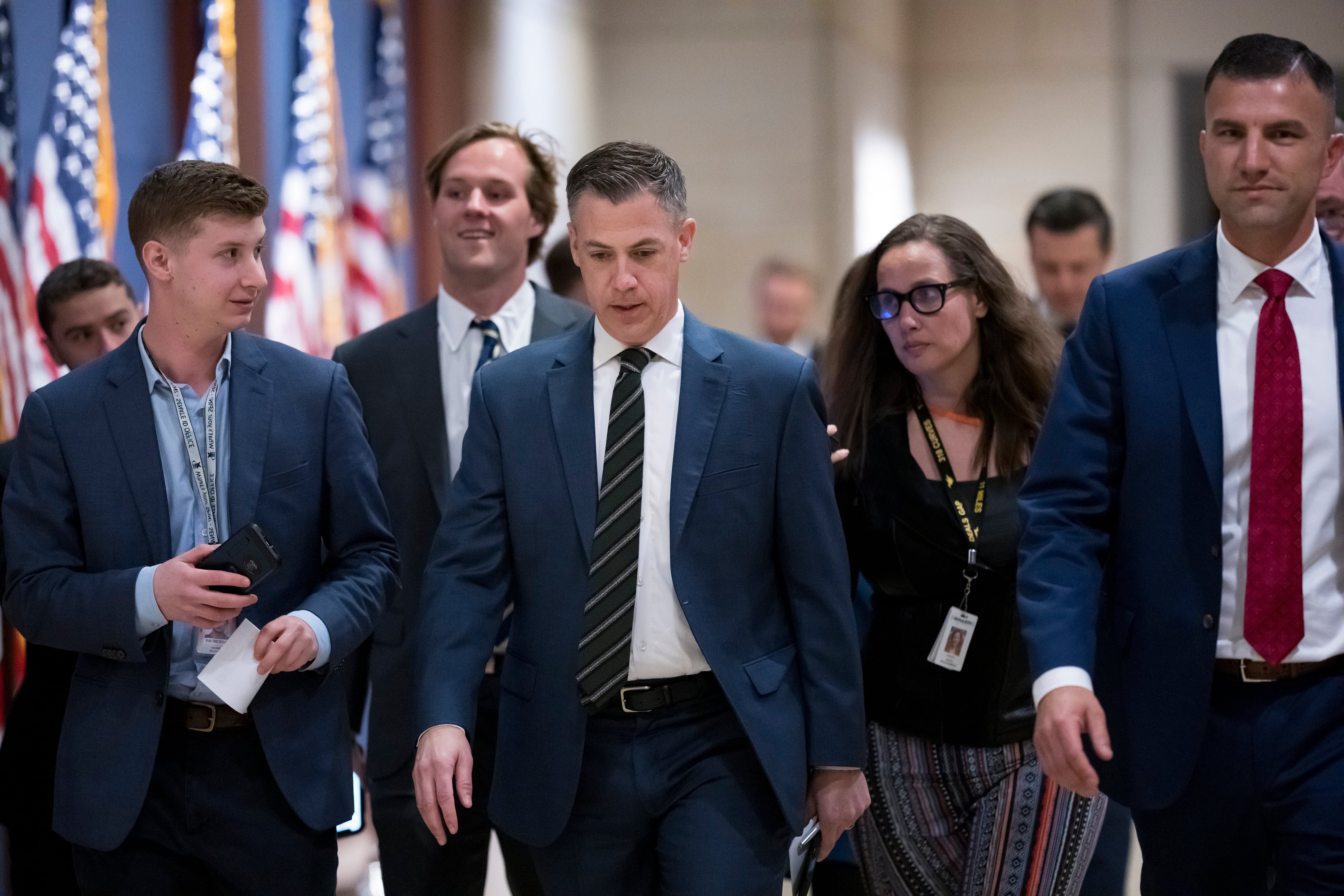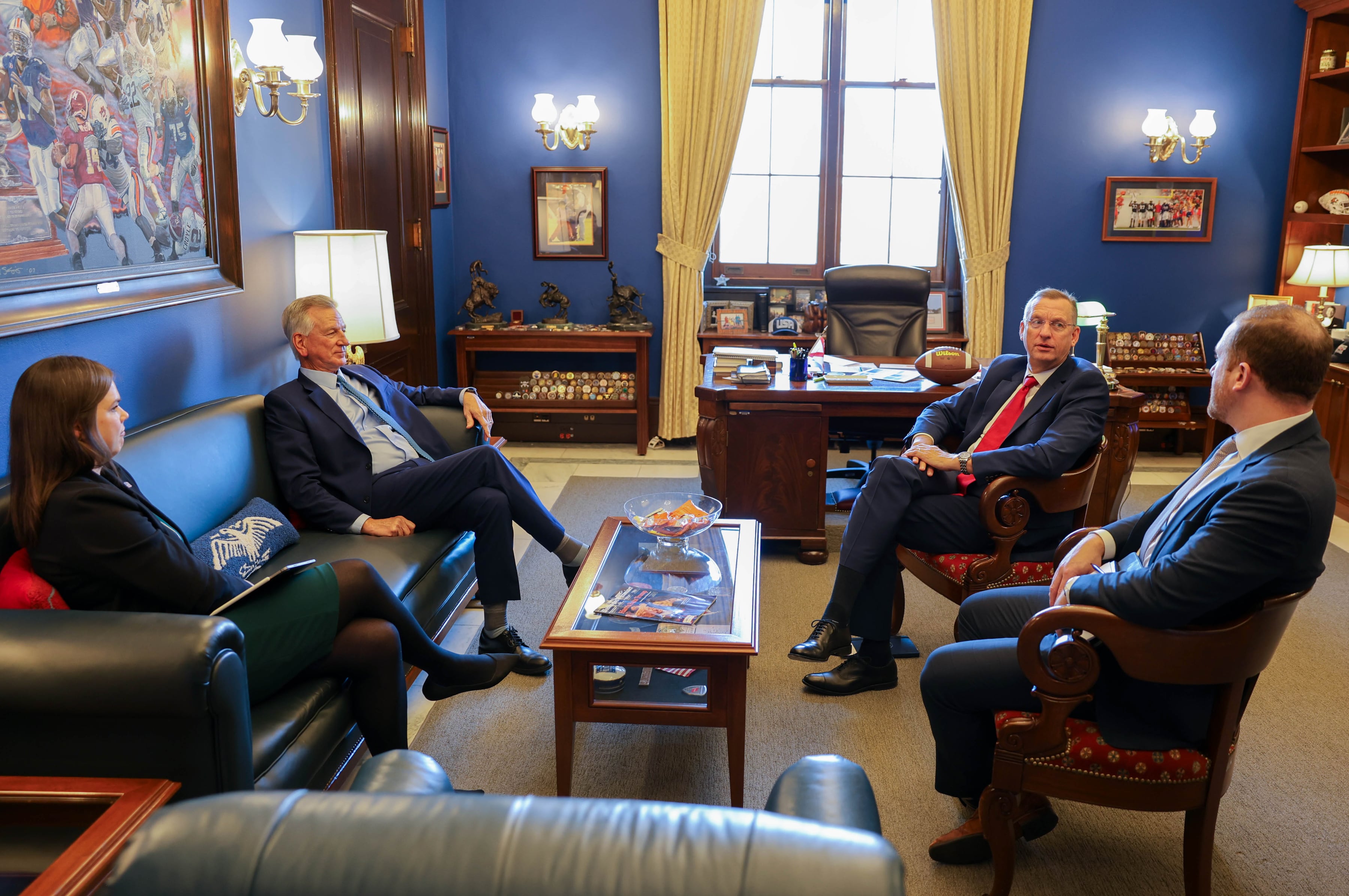Terrorists' next target in Europe could be U.S. troops and Defense Department civilians working there, a panel of experts warned lawmakers Tuesday.
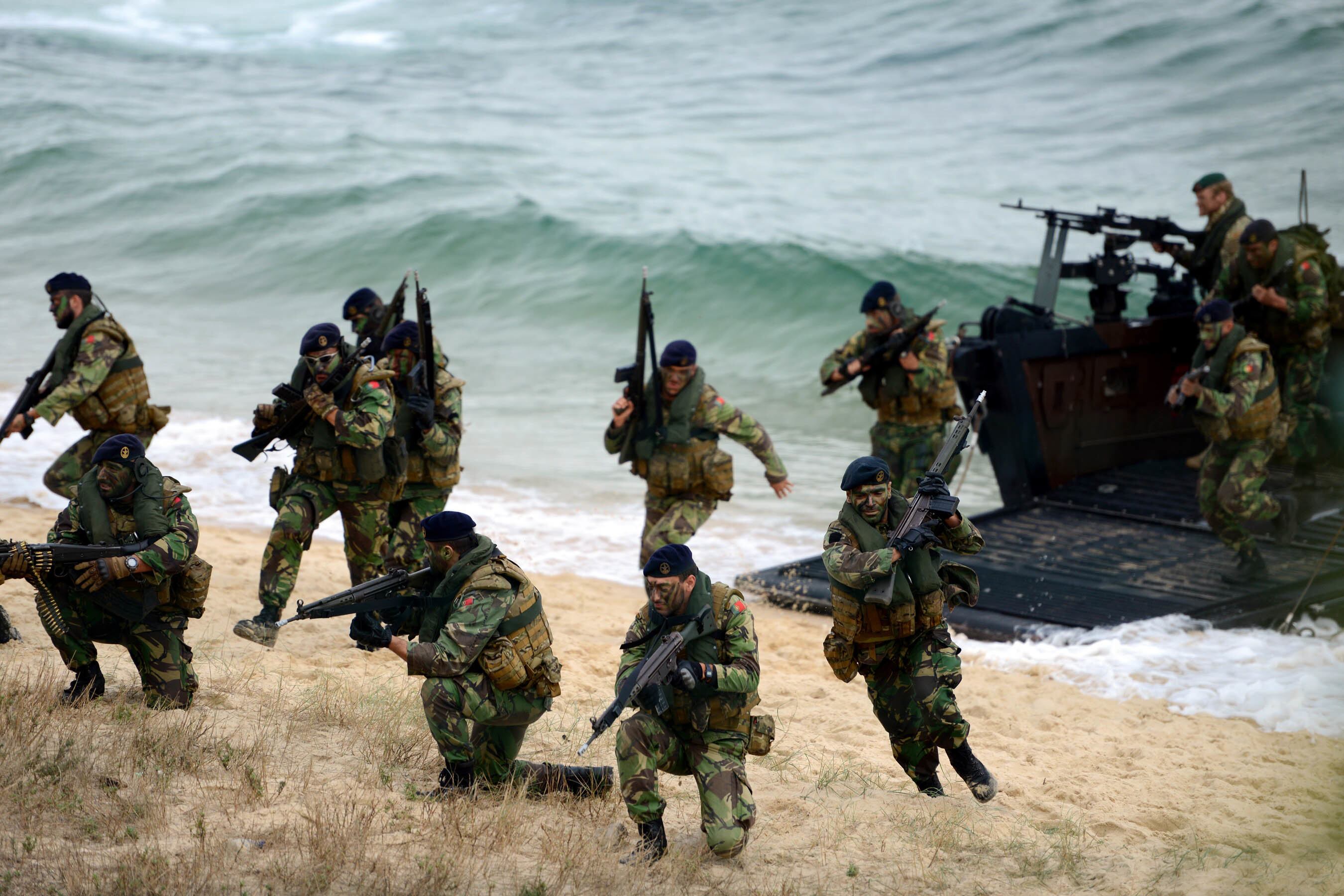
Multinational service members carry out an elaborate amphibious capabilities demonstration for Distinguished Visitors (DV) Day in Troia, Portugal, as part of NATO exercise Trident Juncture 2015. Trident Juncture is a NATO-led exercise designed to certify NATO response forces and develop and improve capabilities among participating NATO and partner nations. The culmination of the three-week exercise took place on Nov. 5, 2015. (U.S. Army photo by Visual Information Specialist Jason Johnston/Released)
Photo Credit: Visual Information Specialist Jason Johnston/Army
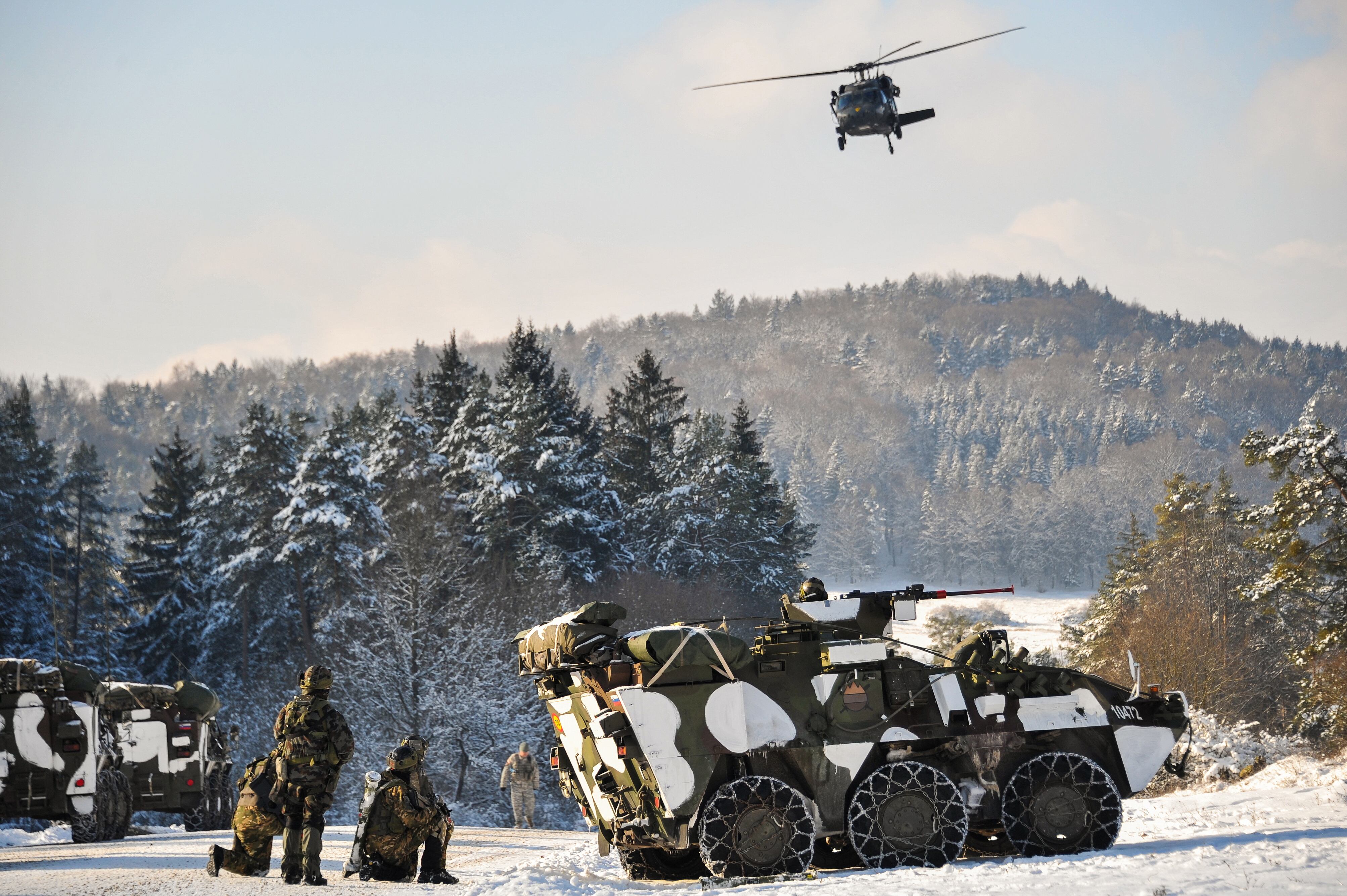
Slovenian soldiers of 3rd Company, 10th Regiment react to contact during a situational training exercise lane while a U.S. Army UH-60 Medevac Black Hawk helicopter approaches at Exercise Allied Spirit IV at the 7th Army Joint Multinational Training Command's Hohenfels Training Area, Germany, Jan. 21, 2016. Exercise Allied Spirit includes more than 2,200 participants from six NATO nations, and exercises tactical interoperability and tests secure communications within Alliance members and partner nations.
Photo Credit: Markus Rauchenberger/Army
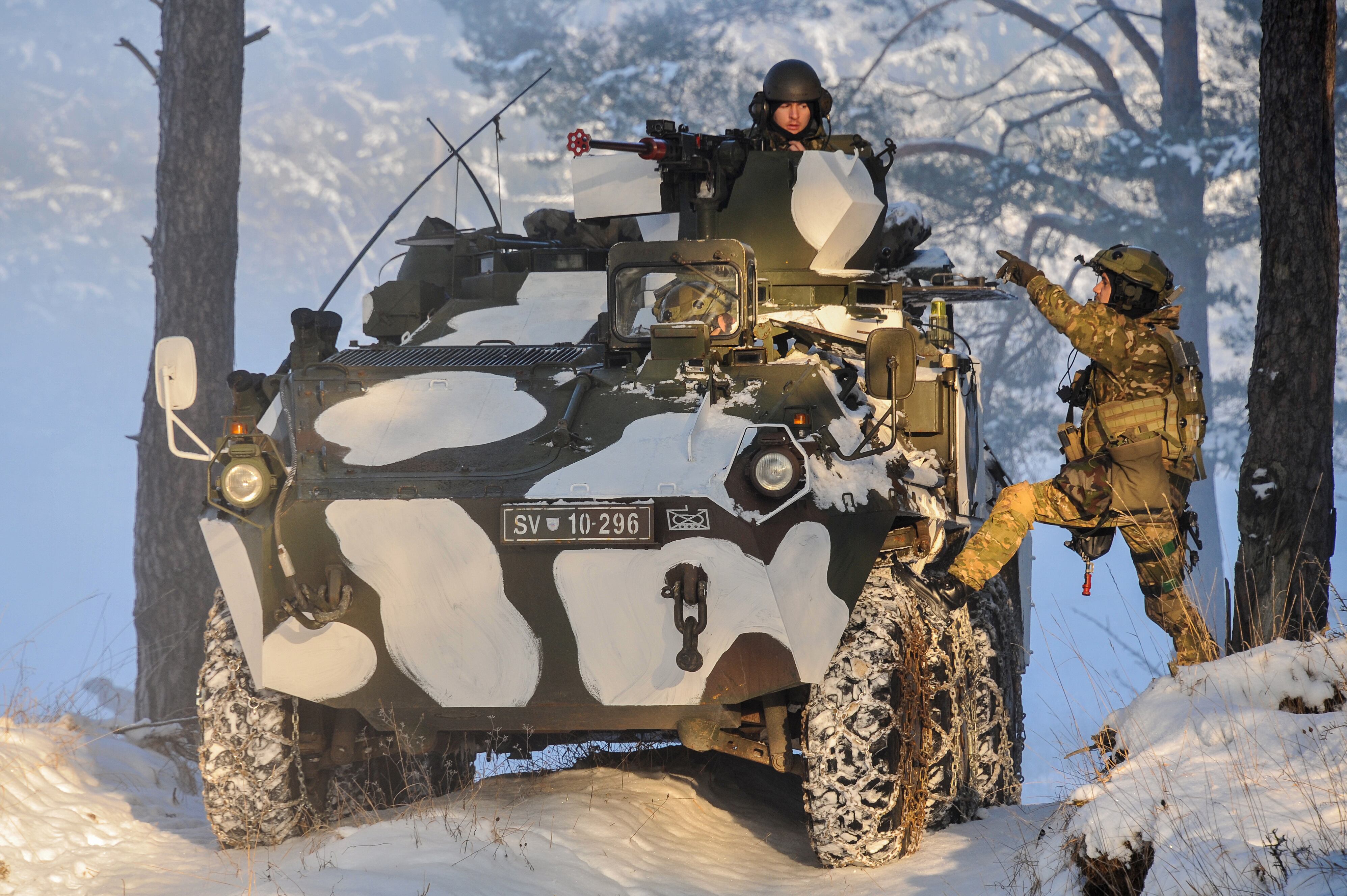
Slovenian soldiers of 3rd Company, 10th Regiment conduct a movement to contact lane using Valuk Light Armored Vehicles during Exercise Allied Spirit IV at the 7th Army Joint Multinational Training Command's Hohenfels Training Area, Germany, Jan. 21, 2016.
Photo Credit: Markus Rauchenberger/Army

U.S. Marines and service members from Finland, Sweden, the Netherlands, the U.K., the U.S. Navy and the U.S. Army, who comprise the BALTOPS 2015 Combined Landing Force and Combined Amphibious Task Force, conduct an amphibious landing on June 17, 2015, in Ustka, Poland. BALTOPS is an annual multinational exercise designed to enhance flexibility and interoperability, as well as demonstrate resolve of allied and partner forces to defend the Baltic region.
Photo Credit: 1st Lt. Sarah E. Burns/Marine Corps

Juan Zarate, left, senior adviser with the Center for Strategic and International Studies, speaks to the Senate Homeland Security Committee on Tuesday about the ongoing threat of terrorism in Europe. With him are, from left, Julianne Smith, senior fellow at the Center for a New American Security; Daveed Gartenstein-Ross, senior fellow at the Foundation for Defense of Democracies; and Clinton Watts, security fellow at the Foreign Policy Research Institute.
Photo Credit: Leo Shane III/Military Times
"We know the (terrorist) networks are there, and we know they are looking for targets of opportunity," said Clinton Watts, a security fellow at the Foreign Policy Research Institute. "State Department and defense employees are on that list."
The warnings came at a Senate Homeland Security Committee hearing looking at the aftermath of the Belgium bombings carried out by Islamic State group sympathizers last month. The coordinated attack wounded more than 300 and killed at least 35 individuals.
Among them were four Americans, including the wife of an Air Force officer stationed near the NATO headquarters in Brussels.
Officials have no indications Americans were targeted in that attack, but analysts briefing the committee said that is a logical next step for terrorists in the region.
"I don't worry as much about our hardened bases (in Europe) simply because terrorists have a harder time executing attacks against those sites," said Juan Zarate, a senior adviser with the Center for Strategic and International Studies and former deputy national security adviser to President George W. Bush.
"But we need to understand where else where they may be surveilling," he said, including places where U.S. troops relax off base, military families' homes and less-secure offices across Europe.
Last week, in response to the growing threat of terrorism in Europe, U.S. military officials ordered family members to evacuate southern Turkey, including Incirlik Air Base. State Department officials similarly ordered the relocation of most employee families living near the U.S. consulate in Adana.
Senators said those threats — combined with homeland attacks by Islamic State sympathizers like the mass shooting in San Bernadino, California, earlier this year — require a wholesale re-examination of military force protection and broader intelligence sharing efforts.
Republicans on the committee called it an indictment of the White House's effort to fight the Islamic State group, also called ISIS, in the Middle East, noting the spread of ISIS fighters into Libya and Afghanistan even as they suffer military defeats in Iraq.
But the security panel said those strongholds are only one part of the larger problem of the ISIS network.
"We have seen that they have worked to inspire attacks (worldwide)," said Julianne Smith, senior fellow at the Center for a New American Security. "They have worked to enable them. And now we see they are working to direct those attacks."
To counter that, the panelists recommended expansion of intelligence sharing with European allies and better coordination of collected data. But they added that will require more action from European leaders.
That could require significant political prodding from the White House, lawmakers noted. But committee member Sen. Kelly Ayotte, R-N.H., said U.S. officials can't afford to ignore the problem.
"We have to take a leadership role here, because I don't see another country able to step in and act," she said.
Leo Shane III covers Congress, Veterans Affairs and the White House for Military Times. He can be reached at lshane@militarytimes.com.
Leo covers Congress, Veterans Affairs and the White House for Military Times. He has covered Washington, D.C. since 2004, focusing on military personnel and veterans policies. His work has earned numerous honors, including a 2009 Polk award, a 2010 National Headliner Award, the IAVA Leadership in Journalism award and the VFW News Media award.

